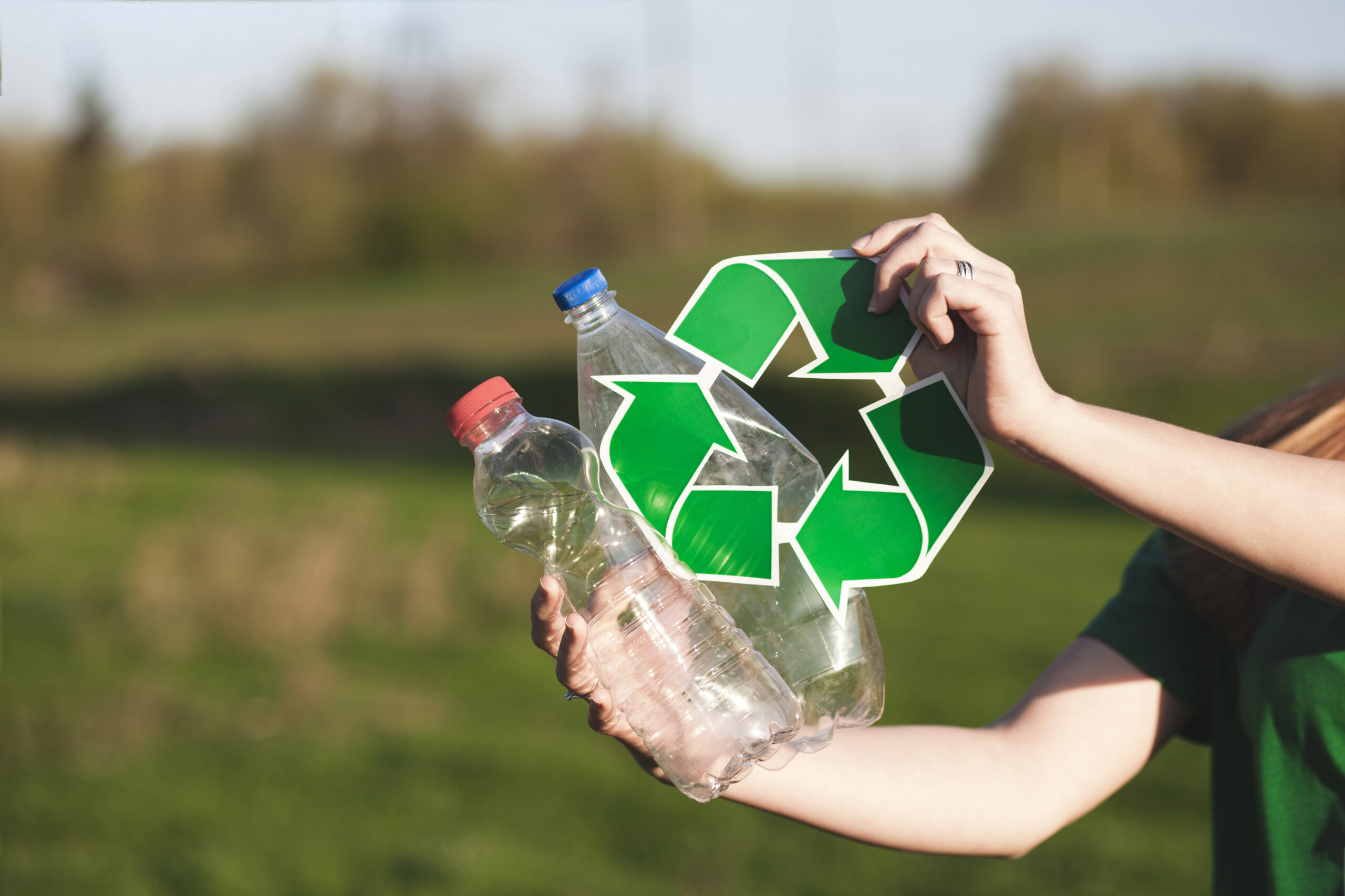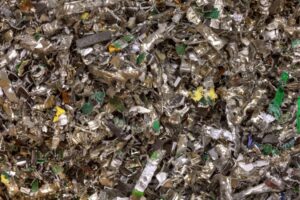The Ongoing Importance of Plastic Recycling
Despite decades of public awareness campaigns and local recycling programs, plastic recycling remains one of the most urgent environmental issues facing the world today. From overflowing landfills to ocean pollution, the effects of plastic waste are widespread. But plastic recycling isn’t just a buzzword—it’s a fundamental part of responsible waste management and environmental stewardship.
The world produces over 400 million tons of plastic every year, with single-use plastics making up a large portion of that total. While recycling rates have improved in many areas, a significant percentage of plastic still ends up in landfills, incinerators, or worse, our waterways. That’s why plastic recycling remains a big deal—because it directly impacts our health, ecosystems, and future.
How Plastic Recycling Works
Plastic recycling involves collecting used plastic materials, sorting them by type, cleaning them, and then processing them into reusable raw materials. These recycled materials can then be used to manufacture new products, reducing the demand for virgin plastic.
Plastics are categorized into seven types, identified by a resin identification code (RIC). These include PET (polyethylene terephthalate), HDPE (high-density polyethylene), PVC (polyvinyl chloride), LDPE (low-density polyethylene), PP (polypropylene), PS (polystyrene), and Other (miscellaneous plastics). Each type has different properties and recycling challenges. For instance, PET and HDPE are widely recycled and often used for beverage bottles and detergent containers. Other types, like PVC and polystyrene, are more difficult to process and are less commonly accepted in curbside programs.
The Benefits of Plastic Recycling
Reduces Plastic Waste
The most obvious benefit of plastic recycling is the reduction of plastic waste. Recycling helps divert tons of plastic from landfills and incineration facilities, lessening the burden on municipal waste management systems.
Conserves Resources
Plastic recycling reduces the need to extract and refine raw materials like petroleum and natural gas. This not only conserves natural resources but also decreases the environmental degradation caused by mining and drilling.
Saves Energy
Producing recycled plastic uses significantly less energy than creating new plastic from raw materials. For example, recycling PET plastic saves substantial energy compared to producing virgin PET.
Lowers Greenhouse Gas Emissions
Since less energy is used in the recycling process, greenhouse gas emissions are also reduced. This contributes to mitigating climate change and improving air quality.
Supports a Circular Economy
Plastic recycling plays a crucial role in developing a circular economy, where materials are kept in use for as long as possible. This reduces the overall demand for new resources and fosters sustainable production practices.
Challenges in Plastic Recycling
Contamination
One of the biggest hurdles in plastic recycling is contamination. Food residue, mixed materials, and non-recyclable plastics can contaminate recycling streams, rendering entire batches unusable.
Lack of Standardization
Different municipalities have varying rules for what can be recycled, leading to confusion and improper sorting. This lack of standardization hampers recycling efficiency and effectiveness.
Economic Viability
Recycled plastics often compete with virgin plastics. When market conditions fluctuate, producing new plastic can become more common, reducing the use of recycled materials.
Limited Infrastructure
Not all communities have access to advanced recycling facilities. In many regions, especially rural or underfunded areas, plastics are simply not recycled due to the absence of proper infrastructure.
What You Can Do
Be an Informed Recycler
Know what types of plastics your local facility accepts and ensure you clean and sort them properly. Avoid putting non-recyclable materials in the bin, as this can cause contamination.
Reduce and Reuse First
While recycling is important, reducing your plastic consumption and reusing items whenever possible has an even greater impact. Opt for reusable bags, bottles, and containers to cut down on single-use plastics.
Support Recycled Products
Choose products made from recycled plastics to help create market demand. This encourages manufacturers to use more recycled materials, supporting the entire recycling ecosystem.
Advocate for Better Systems
Encourage local governments and businesses to invest in better recycling infrastructure and education. Policies that promote extended producer responsibility (EPR) can also drive industry-wide changes.
The Role of Businesses in Plastic Recycling
Companies play a vital role in the plastic recycling landscape. By adopting sustainable packaging, participating in take-back programs, and using recycled content, businesses can significantly influence recycling outcomes.
Some leading brands are already integrating recycled plastics into their product lines, demonstrating that sustainable business practices are both achievable and practical.
The Environmental Impact of Plastic
Plastic pollution is a global crisis. It clogs waterways, threatens marine life, and breaks down into microplastics that contaminate soil, air, and even the food we eat. Recycling helps mitigate this impact, but it’s only one part of a larger solution.
Transitioning to sustainable plastic disposal methods and improving plastic waste management practices are essential for safeguarding the environment. While we may not eliminate all plastic use, we can certainly manage it more responsibly.
Looking Ahead: Innovation in Plastic Recycling
Technological advancements are making plastic recycling more efficient and scalable. Chemical recycling, which breaks plastics down to their molecular level, offers a promising alternative to traditional methods. AI-driven sorting systems and improved biodegradable plastics are also part of the evolving solution.
As innovation continues, the future of plastic recycling looks increasingly optimistic—but it requires collective action and investment to reach its full potential.
Final Thoughts
Plastic recycling is still a big deal because the stakes are high. It’s about more than waste reduction—it’s about preserving our ecosystems, conserving resources, and creating a sustainable future. Whether you’re an individual, a business, or a policymaker, there’s a role for everyone in making plastic recycling more effective.
At EACR Inc., we understand the critical importance of sustainable materials management. From electronics recycling to data destruction, we are committed to responsible, licensed recycling practices that protect both people and the planet. Connect with us to learn how we can help you take the next step toward a cleaner, greener future.





